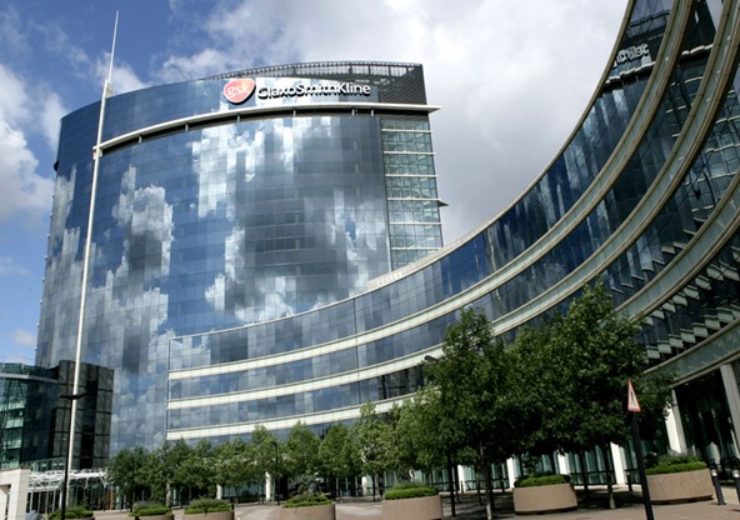BLISS-LN clinical trial evaluated the safety and efficacy of Benlysta in the enrolled 448 patients with active lupus nephritis

Image: GSK unveils positive results from BLISS-LN clinical trial of Benlysta. Photo: Courtesy of GlaxoSmithKline plc.
UK-based pharmaceutical firm Glaxo Smith Kline (GSK) has unveiled positive results from Phase 3 BLISS-LN clinical trial of intravenous (IV) Benlysta (belimumab) for active lupus nephritis.
Lupus nephritis is an inflammation of the kidneys caused by systemic lupus erythematosus (SLE), which could potentially lead to an end-stage kidney disease.
Benlysta is a human monoclonal antibody that binds to soluble BLyS to inhibit the survival of B cells, resulting in lowering the differentiation of B cells into immunoglobulin-producing plasma cells.
GSK R&D president and chief scientific officer Hal Barron said: “Lupus nephritis is one of the most common and serious complications of SLE, occurring in up to 60% of adult patients.
“The results of the BLISS-LN study show that Benlysta could make a clinically meaningful improvement to the lives of these patients who currently have limited treatment options.”
Benlysta demonstrated positive results in BLISS-LN clinical trial compared to placebo
GSK has designed its BLISS-LN clinical trial to evaluate the safety and efficacy of Benlysta in 448 patients with active lupus nephritis.
The study has reached the primary endpoint of achieving primary efficacy renal response (PERR) in greater number of patients, treated with Benlysta combined with standard therapy, compared to placebo plus standard therapy in adults with active lupus nephritis.
BLISS-LN clinical trial has also met the secondary end points including complete renal response (CRR) years and ordinal renal response (ORR) after two years, PERR after one year, and the time to death or renal-related event.
The safety results of the study are consistent with the known profile of belimumab, and were generally comparable to patients treated with placebo plus standard therapy.
Benlysta is currently not indicated for treating severe active lupus nephritis anywhere in the world, since it has not been previously evaluated in these patients.
GSK intends to advance the regulatory submissions, based on the positive phase 3 BLISS-LN clinical trial data, in the first half of 2020 to seek an update to the prescribing information.
BLISS-LN lead investigator Richard Furie said: “My journey with Benlysta began nearly twenty years ago when we performed the very first clinical research trial in lupus patients.
“To see it culminate in a successful phase 3 lupus nephritis study is a key achievement as the inadequate response of our patients with kidney disease to conventional treatment has long been an area in need of major improvement.”
